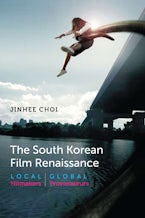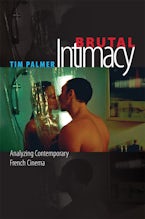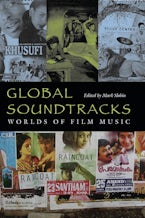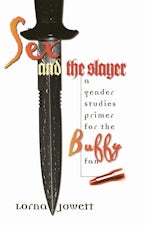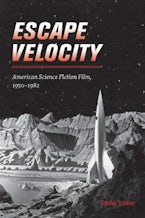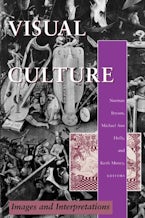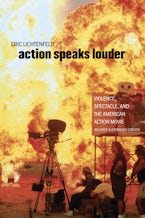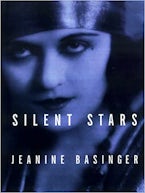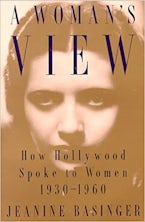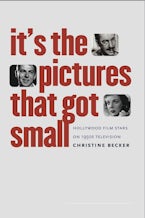- Home
- Wesleyan Film
- performing arts
- Soul Searching
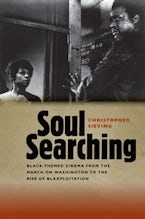
Soul Searching
Black-Themed Cinema from the March on Washington to the Rise of Blaxploitation
Series: Wesleyan Film
Sales Date: 2011-05-02
An engrossing look at black-themed films in pre-blaxploitation Hollywood
The sixties were a tremendously important time of transition for both civil rights activism and the U.S. film industry. Soul Searching examines a subject that, despite its significance to African American film history, has gone largely unexplored until now. By revisiting films produced between the march on Washington in 1963 and the dawn of the "blaxploitation" movie cycle in 1970, Christopher Sieving reveals how race relations influenced black-themed cinema before it was recognized as commercially viable by the major studios. The films that are central to this book—Gone Are the Days (1963), The Cool World (1964), The Confessions of Nat Turner (never produced), Uptight (1968), and The Landlord (1970)—are all ripe for reevaluation and newfound appreciation. Soul Searching is essential reading for anyone interested in the politics and cultural movements of the 1960s, cinematic trends like blaxploitation and the American "indie film" explosion, or black experience and its many facets.
Acknowledgments
Introduction
The March on Hollywood: Gone Are the Days and the Integration Picture
Ghetto Travelogue: The Cool World, Harlem, and the New American Cinema
The Concessions of Nat Turner: The Instant Demise of the Black Prestige Picture
The Battle of Cleveland: Uptight and the Urban Black Revolution Film
Black Hollywood Meets New Hollywood: The Landlord and the Racial Impasse Film of 1970
1960s African American Cinema and the Birth of Blaxploitation
Notes
Bibliography
Index
CHRISTOPHER SIEVING is an assistant professor in the Department of Theatre and Film Studies at the University of Georgia. His articles have appeared in various journals, including The Velvet Light Trap and Screening Noir.
"Film historians and pop-culture enthusiasts alike have largely painted Blaxploitation as a spontaneous movement that arose in the wake of black-power politics to feed the cash-strapped studios' appetite for cheap program pictures, and as the genesis that would inspire later African-American auteurs...and pave the way for more recent inroads African-Americans have made in the industry. Soul Searching shatters that mythology by showing the black films of the 1960s, while few and fragmented, represented the first serious attempts to produce credible, progressive films about African-American life."
~Steve Ryfle, Cineaste
"Soul Searching is an original and thoroughly necessary project, giving the reader a nuanced understanding of a barely critiqued 'gap' in black American cinema's industrial and critical history."
~Ed Guerrero, cinema studies, New York University
"Through extensive archival research and a sensitive eye for detail, Christopher Sieving makes a strong case for the important place of films like Gone Are the Days, Uptight, and The Landlord in the shifting landscape of the American film industry during a time of great social, political, and aesthetic change. Moreover, his analysis of The Cool World helps shed new light on a film that has been woefully overlooked in discussions of African American representation.""
~Paula J. Massood, professor of film studies, Brooklyn College, CUNY
""Film historians and pop-culture enthusiasts alike have largely painted Blaxploitation as a spontaneous movement that arose in the wake of black-power politics to feed the cash-strapped studios' appetite for cheap program pictures, and as the genesis that would inspire later African-American auteursand pave the way for more recent inroads African-Americans have made in the industry. Soul Searching shatters that mythology by showing the black films of the 1960s, while few and fragmented, represented the first serious attempts to produce credible, progressive films about African-American life.""
~Steve Ryfle, Cineaste
""This remarkable book—well written, accessible, impeccably researched—is perhaps the most important study of African American film history to emerge in the past decade. The fluidity of the narrative—Sieving is a master of language—ensures this book's place as the best of film history and theory available. A magnificent contribution to the (existing) literature. Essential.""
~G.R. Butters Jr., Choice

